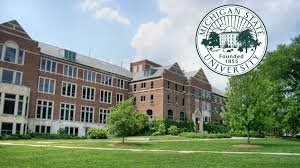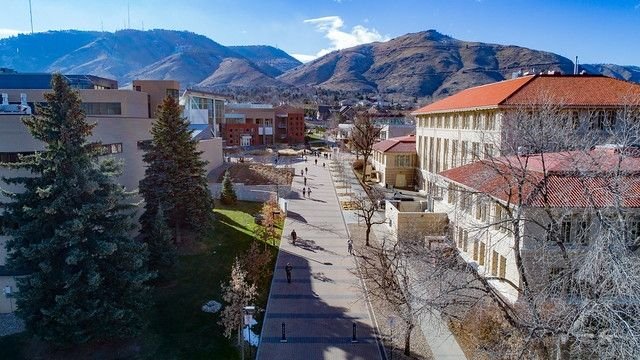Disaster Preparedness and Insurance Coverage: Minimizing Financial Losses After a Natural Disaster
Overview
Natural disasters are unpredictable and can strike at any time, leaving behind a trail of destruction and devastation. From hurricanes and tornadoes to earthquakes and wildfires, these disasters can have a significant financial impact on individuals and communities. While it is impossible to prevent these disasters from occurring, being prepared and having the right insurance coverage in place can help minimize the financial losses in their aftermath. In this blog, we will explore the importance of disaster preparedness and insurance coverage in mitigating financial losses after a natural disaster.
Disaster Preparedness
The first step towards minimizing financial losses after a natural disaster is to be prepared. This involves having a disaster preparedness plan in place, which includes having an emergency kit, identifying evacuation routes, and knowing what to do in case of a disaster. It is crucial to have a plan in place for both your home and your business if you are a business owner. This plan should be regularly reviewed and updated to ensure its effectiveness.
Having an emergency kit is essential in times of natural disaster. This kit should include basic necessities such as food, water, first aid supplies, and important documents. It is also important to have a designated safe spot in your home where you can take shelter during a disaster. This spot should be away from windows and any potential hazards. If you have pets, make sure to include them in your disaster preparedness plan and have supplies for them in your emergency kit.
Insurance Coverage
In addition to having a disaster preparedness plan, it is crucial to have the right insurance coverage in place. Insurance is a financial safety net that can help protect you from the financial losses that can occur after a natural disaster. Homeowners insurance, renters insurance, and business insurance are all important types of insurance that can provide coverage for damages caused by natural disasters. It is essential to review your insurance policies regularly to ensure that you have adequate coverage for potential disasters in your area.
Homeowners insurance typically covers damages to your home and personal belongings caused by natural disasters such as hurricanes, tornadoes, and wildfires. However, it is important to note that not all types of natural disasters are covered by homeowners insurance. For example, flood damage is not covered under standard homeowners insurance and requires a separate flood insurance policy. It is important to assess the potential risks in your area and purchase additional coverage if necessary.
Renters Insurance
Renters insurance is also crucial for those who do not own their home. While your landlord’s insurance may cover damages to the building, it does not provide coverage for your personal belongings. Renters insurance can help reimburse you for damages to your personal belongings caused by natural disasters. This type of insurance is typically affordable and a wise investment for renters.
For business owners, having business insurance is crucial in protecting their assets and finances. Business insurance can provide coverage for damages to your business property, equipment, and inventory caused by natural disasters. It can also provide coverage for business interruption, which can help cover lost income if your business is unable to operate due to a natural disaster.
In addition to having the right insurance coverage, it is important to understand the claims process. In the event of a natural disaster, it is crucial to file a claim with your insurance company as soon as possible. Documenting the damages with photos and keeping records of expenses related to the disaster can help support your claim. It is also important to follow the instructions of your insurance company and keep them updated throughout the claims process.
Conclusion
In conclusion, disaster preparedness and insurance coverage go hand in hand in minimizing financial losses after a natural disaster. Being prepared and having the right insurance coverage in place can help protect you and your family from the potential financial impact of a natural disaster. It is crucial to regularly review and update your disaster preparedness plan and insurance policies to ensure their effectiveness. Remember, it is better to be over-prepared than under-prepared when it comes to natural disasters.









